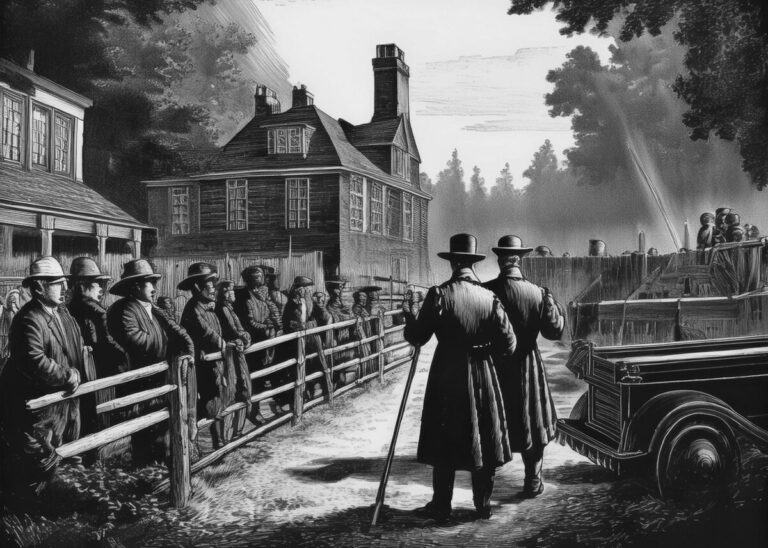
Appurtenances are an essential but often overlooked aspect of real estate that can have significant implications for property ownership and use. Let’s delve into what appurtenances entail, how they differ from fixtures, and their significance in real estate transactions.
In real estate, appurtenances refer to rights, privileges, or improvements attached to and belonging to a property but are not considered part of it. Appurtenances can include easements, rights-of-way, water rights, and air rights, as well as improvements such as fences, driveways, and outbuildings.
One distinguishing characteristic of appurtenances is that they typically transfer with the property when sold or transferred to a new owner. This means that the rights and privileges associated with appurtenances remain with the property, regardless of changes in ownership.
Appurtenances are often contrasted with fixtures and items attached to the property so that they become part of the property itself. Unlike fixtures, which are considered part of the real property and automatically transfer with the property, appurtenances are separate and distinct rights or privileges that may be conveyed separately from the property.
Understanding appurtenances is essential for both buyers and sellers in real estate transactions. Buyers should know any appurtenances associated with their purchasing property and how they may affect their use and enjoyment. On the other hand, sellers should disclose any appurtenances to potential buyers and ensure they are adequately documented and conveyed in the sale.
Appurtenances impact property ownership and use and can also have legal and financial consequences. For instance, easements or rights-of-way might grant third parties specific usage or access rights to the property, which could influence its value or limit its development potential. Similarly, water rights or mineral rights tied to a property could hold substantial economic value.
To sum up, appurtenances are a vital component of real estate that can significantly impact property ownership, use, and value. Buyers and sellers can make well-informed decisions and safeguard their rights and interests by comprehending appurtenances and their role in real estate transactions.







































Leave a Reply